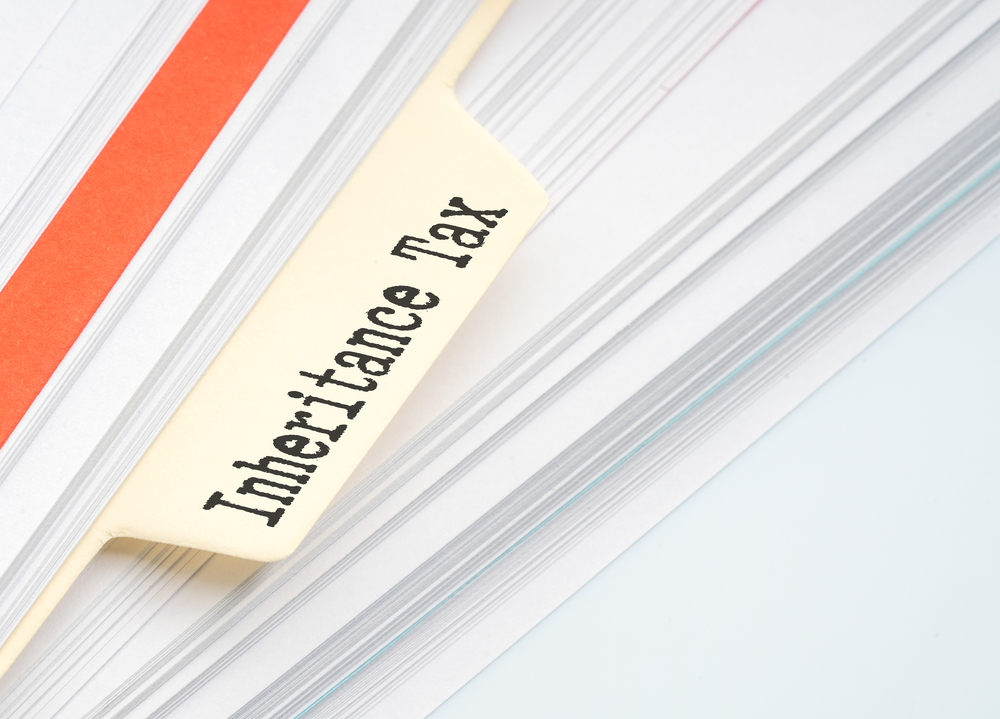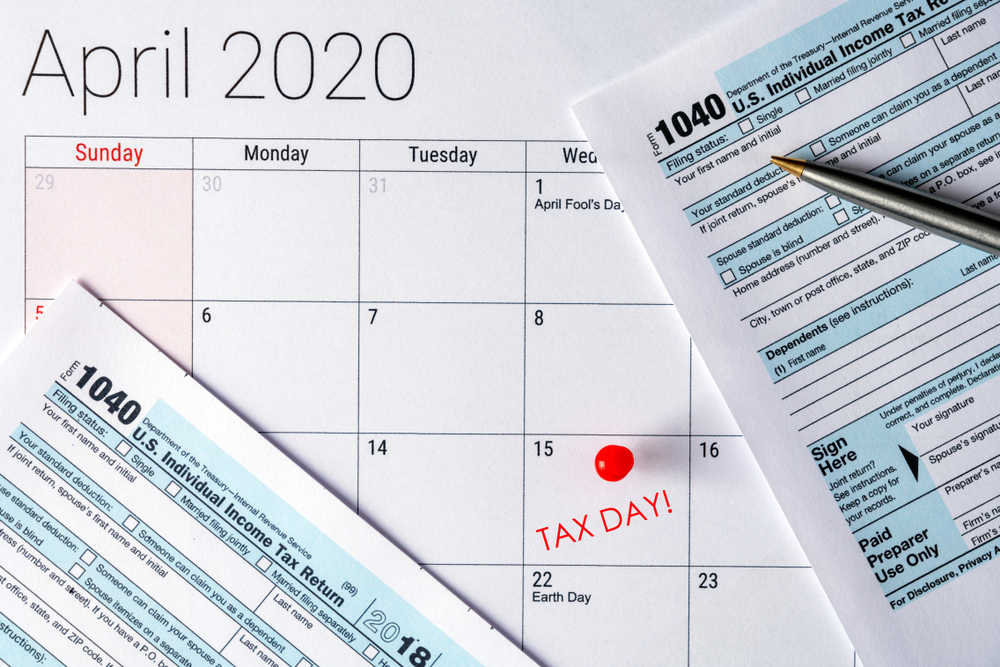
Whether you are preparing to do your own taxes or working with tax professionals, it is essential that you document all your income streams carefully. For many people, their income stream is simple, and a W2 form from their employer is all they need.
But in this more gig-based economy, it is not unusual for some individuals to cobble together income from several sources, from ride-share driving to selling online. Facebook Marketplace is one such popular venue for local sellers, and raises the question, do you need to pay taxes on your earnings there?
Well, the answer is—it depends, though in most cases, you probably don’t need to pay any taxes on your Facebook Marketplace selling.
Paying Facebook Marketplace Taxes Will Depend On Use
There are four basic instances that may apply to selling on online platforms like Craigslist, Facebook Marketplace, LetGo, and others. Check the ones we have listed below to see what applies to your situation to determine if you need to pay taxes.
Selling Personal Items At A Loss
For most sellers who casually use online platforms, they are selling personal items that they have used for a loss. Generally, the rule is if you have used the item and then sell it for less than you paid for it, then you don’t owe any taxes. However, you also can’t claim the loss on your tax return. It is simply written off.
To help clarify this point, say you bought a mountain bike for $400. After a few years of use, you end up upgrading your bike and sell your old bike for $150 on Facebook Marketplace. Since you sold your bike at a loss after using it, you don’t owe any taxes on your earnings.
Claim Appreciated Assets Sold Online
So, what happens if you sell an item online that isn’t at a personal loss? An item that has gained value, such as a collectible or antique that you sell for more than you purchased, is considered an appreciated asset.
Depending on what type of seller you are, this income may need to be reported as business income—if you are a regular seller—or as capital gains.
Online Hobby Sales
Now, if you sell items on Facebook Marketplace and other online platforms without the express purpose of making a profit, this income can be classified as hobby income. A simple test of whether something is hobby income is if you have not made any profit for two out of five consecutive years.
For example, say you crochet items and sell them for the cost of materials or less, also taking a loss on your labor. This income can qualify as hobby income, and you can deduct your hobby expenses, though not any losses.
Use Facebook Marketplace & Other Platforms For Business
If you use online selling platforms as a way to move items you have bought and want to resell for profit, you can be classified as a small business. From furniture flippers to thrift store hunters who look for quality pieces to resell, it is important that if you engage in this kind of online income earning that you recognize your tax liability.
Also, if you have turned your online selling into a business, working with our tax consultant can help you set up your own business entity to reduce your liability and prepare for your future taxes.
Work With AA Tax And Accounting Services This Tax Season
If you need assistance compiling and filing your taxes this year, you still have time. Thanks to the automatic deadline extension, tax return filing is now due July 15, 2020.
So, if you are ready to tackle your taxes with our accountant to ensure you are in the clear, contact us today to arrange an appointment.














